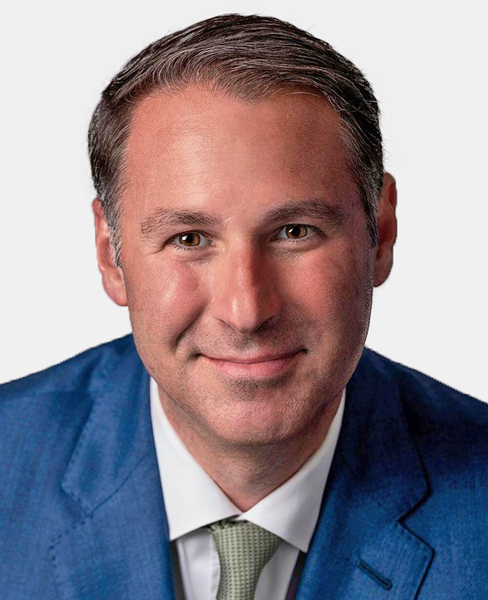Innovation is moving faster than the law, and investors are racing to keep up.
In this episode, Brian Bewley, a partner in the Life Sciences and Health Industry group at Reed Smith, discusses how rapid technological advancements are reshaping healthcare and the life sciences faster than current regulations can keep pace. He explains how shifting federal policies, tariff disruptions, and turnover at key agencies, such as the FDA and HHS, have created uncertainty for investors. Brian also discusses how state-level laws are making it harder for private equity to fund healthcare innovation, and why that could slow progress. Still, he sees growing optimism as investors engage policymakers and prepare for a stronger market in 2026.
Tune in to learn how legal, regulatory, and investment forces are converging to shape the future of healthcare innovation!
About Brian Bewley.
Brian Bewley advises healthcare and life sciences companies, as well as their investors, on complex regulatory, transactional, and strategic matters. He assists clients in navigating federal and state compliance issues, managing regulatory due diligence, and responding to government audits and investigations. His clients include pharmaceutical and medical device manufacturers, hospitals, health systems, digital health companies, managed care organizations, long-term care providers, and private equity firms.
Brian has successfully defended organizations in matters involving the False Claims Act, the Civil Monetary Penalties Law, and audits by HHS OIG and CMS. His experience spans Anti-Kickback Statute and Stark Law compliance, drug pricing issues, and Medicare and Medicaid reimbursement. Before entering private practice, Brian served as senior counsel at HHS OIG and as a special assistant U.S. attorney through the Department of Justice Attorney General’s Honors Program.
A frequent national speaker on health care regulatory topics, Brian also served as a U.S. Peace Corps volunteer in Burkina Faso, West Africa, where he taught science in French in a rural village.
Things You’ll Learn:
Technological innovation in healthcare and the life sciences is advancing faster than current U.S. regulatory frameworks can keep pace.
Shifting federal policies, tariff changes, and agency turnover have created uncertainty and slowed investor activity in the sector.
New state-level laws are making it more difficult for private equity and venture capital firms to invest in healthcare.
Private capital remains a vital driver of innovation, funding technologies that improve efficiency, precision, and patient outcomes.
Investor confidence is beginning to rebound as market conditions stabilize and engagement with policymakers increases heading into 2026.


